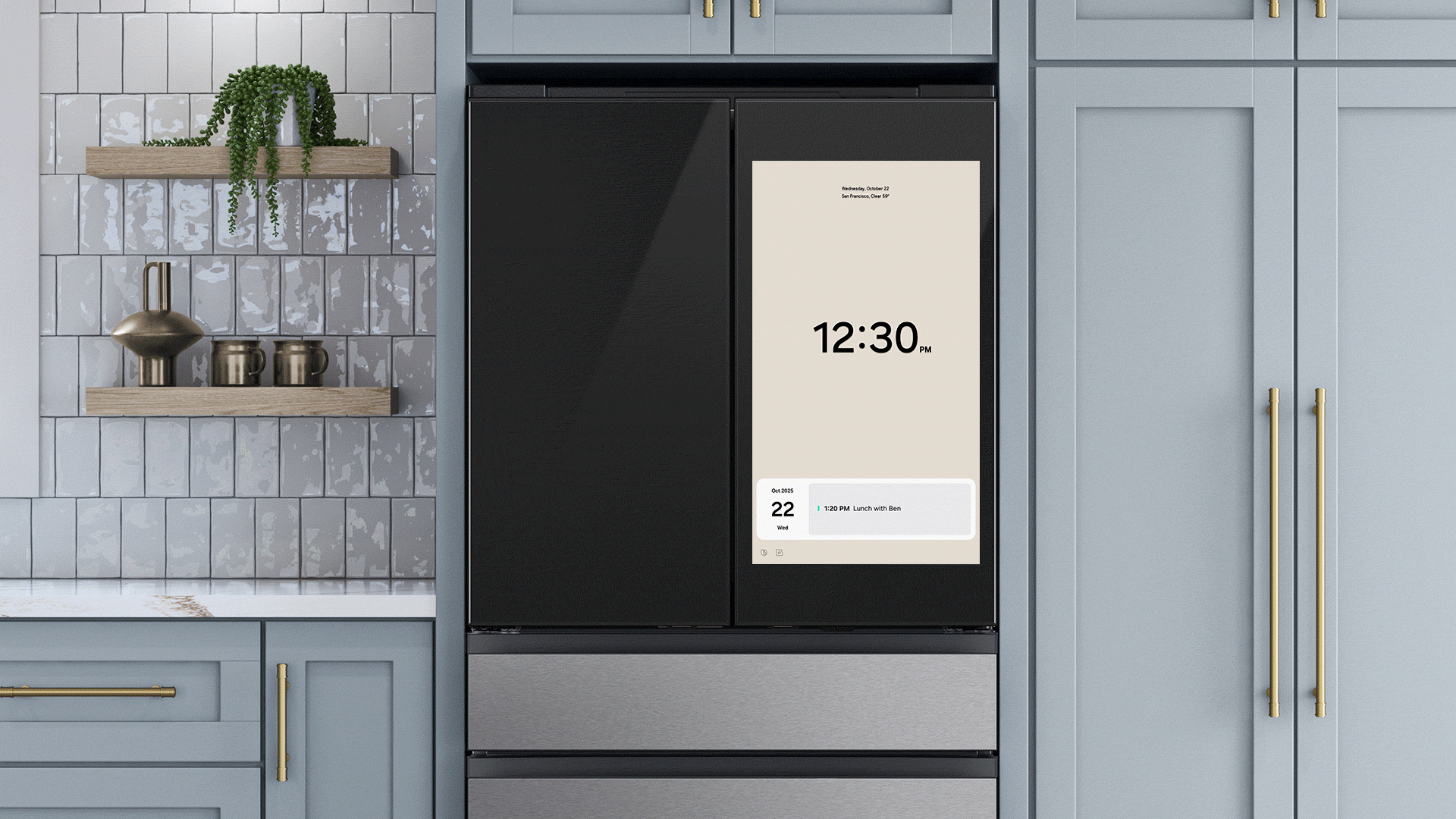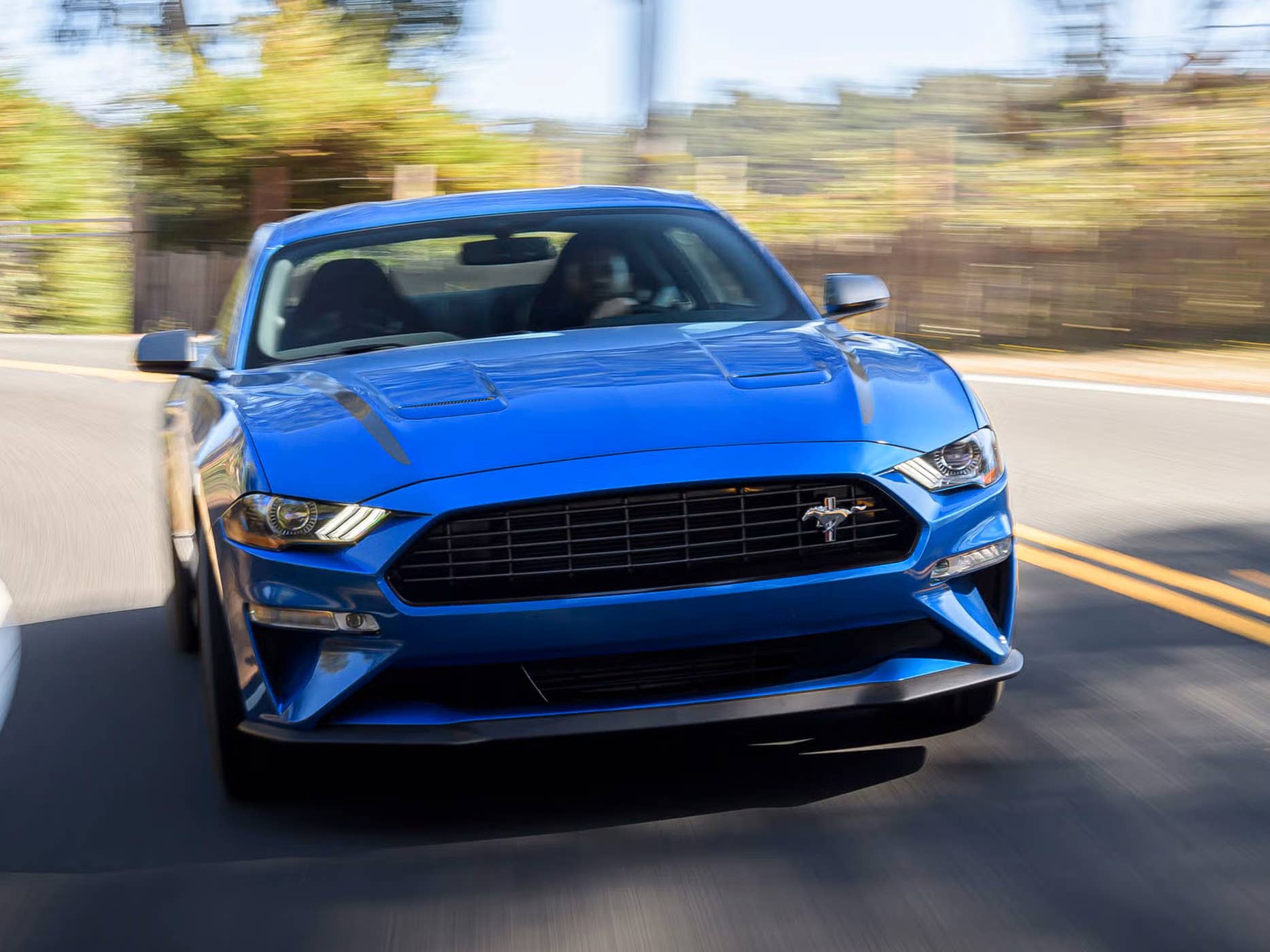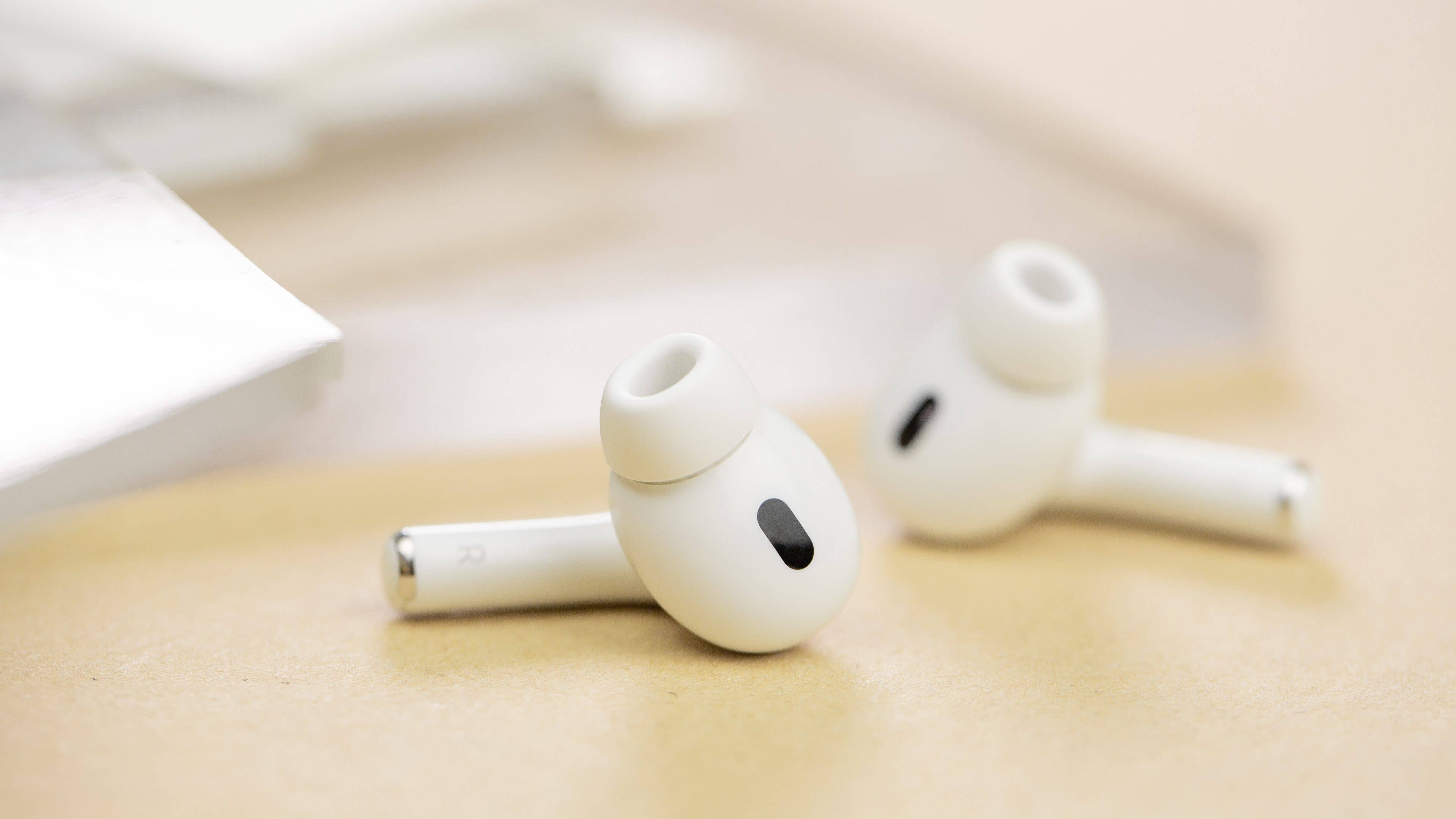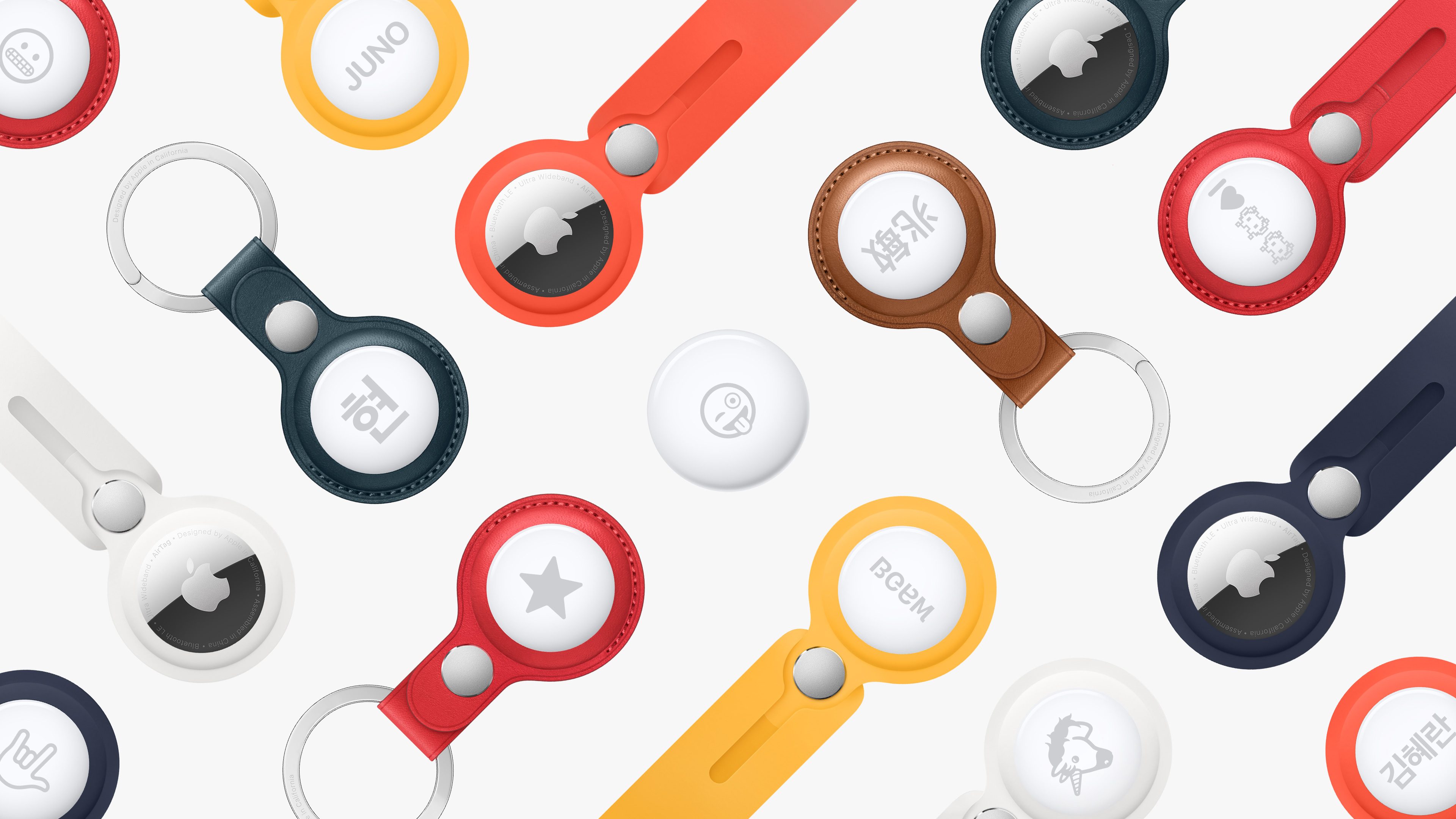
By integrating its U1 chips, Apple has actually prepared the market launch of an item tracker a long time ago. After all, thanks to the ultra-wideband sensor, you’ve been able to track your AirPods, by asking, “Where is?”, for some time now. With the AirTag you can do the same with all sorts of items.
You can place the battery-operated AirTags in your backpack, attach them to your keychain, or attach them to anything else that you are wont to misplace. You can then locate the devices via the “Where is?” app. Since this is already a very handy feature, we want to further clarify all the important questions that you might have before you part with your hard-earned money for the AirTag. Should you have an inkling of some of the topics below, feel free to jump straight to the appropriate section.
If you have any other questions about the AirTags, feel free to discuss them in the comments. Of course, if you come across something relevant to all NextPit readers, we’ll include it in our article.
Requirements: What do you need to use the AirTag?
Basically, all that you need to use the AirTags is any compatible iPhone with the “Where is?” app pre-installed. However, the functionality differs from one iPhone to the next.
On all iPhones—as well as on iPads and the iPod Touch, the item trackers can be located via the app. To achieve this, Apple relies on an anonymous Bluetooth network through which the AirTag communicates its position to Apple’s Sever.
iPhones with the U1 chip
| These iPhone models can accurately track AirTags |
|---|
| Apple iPhone 11, Apple iPhone 11 Pro and Apple iPhone 11 Pro Max |
| Apple iPhone 12, Apple iPhone 12 Pro, Apple iPhone 12 Pro Max and Apple iPhone 12 mini |
| Apple iPhone 13, Apple iPhone 13 Pro, Apple iPhone 13 Pro Max and Apple iPhone 13 mini |
| Apple iPhone 14, Apple iPhone 14 Pro, Apple iPhone 14 Pro Max and Apple iPhone 14 Plus |
But if you want to locate your keychain in your home, you should use an iPhone with Apple’s U1 chip. Together with the camera, the ARKit, accelerometer, and gyroscope, this chip makes it possible for the tracker to detect your location with deadly accuracy.
How to buy Apple’s AirTags
The Apple AirTag can be ordered from Apple’s very own online stores as well as other third-party online and retail stores. Their pricing details are as follows:
Apple AirTag: Prices at a glance
| Product | Price |
|---|---|
| Single AirTag | $29.00 |
| Pack-of-4 AirTags | $99.00 ($24.75 per AirTag) |
Purchasing it via Apple.com is especially worthwhile because you can personalize the trackers with engravings, making it an ideal gift for someone whom you treasure. You can choose between 31 different emojis or individual texts. You may also check out the following offers by major online retailers:
Of course, you can also hunt down the AirTag in retail stores via Click & Collect or in your local Apple Store. To help you keep track of the availability and stock numbers through the coronavirus lockdown, you can check out the overview of all certified Apple retailers.
Accessories: A simple keychain or premium band?
If you clicked on one of the shop links from the previous segment, you would have noticed one thing: The AirTag, which you can buy for $29 or more, cannot be attached to a keychain. This is because there is no available hole for a key ring. As this cannot be milled into the tracker, Apple has designed accessories instead to perform a similar function—of which you have to purchase on the side, of course.
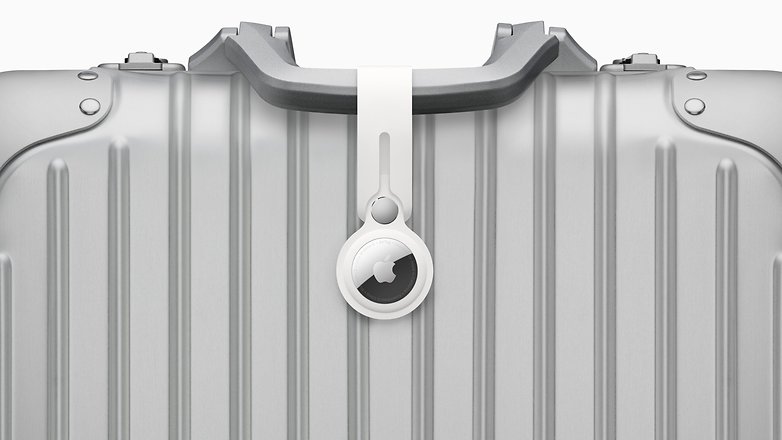
Official AirTag accessories from Apple
The keychains are available from Apple itself in three different materials, which are further divided into different colors. You will have to choose between a leather fob for $35, a leather fob for $39, and a vegan-friendly fob made of polyurethane for $29. These links will take you directly to the tag at Apple:
In addition to Apple’s own accessories, third-party keychains are also available at Apple’s very own online stores as well as other third-party online and retail stores. There will be slightly cheaper third-party keychains if you are willing to settle for something apart from the original.
AirTag accessories from official Apple partners
Let’s begin with the cheapest listings! Belkin sells the most affordable AirTag keychain so far via the official Apple online shop. You will have to fork out €12.95 for each of these and can choose between a model with a loop and a model with a key ring.
Now, hold on tight to your debit cards or the Apple Pay app for a moment. Because wherever there’s a cheap alternative, there’s always something more expensive! More specifically, the accessories from fine leather manufacturer Hermès. The high street label offers three models – a keychain, a luggage tag, and a bag tag.
After that shocker, here’s a little math exercise. Do you, like me, keep the keys to your Porsche and the key fob of your Lamborghini separately, and then regularly alternate between the keys to your holiday apartment on Monaco and your summer getaway at Cote d’Azur? Then you would have to cough up a whopping $1,545 for four AirTags, including Hermès leather offerings! Good thing we don’t need the expensive luggage tag during the pandemic, eh?
Third-party AirTag accessories
You can find inexpensive AirTag accessories on the likes of Amazon. Prices begin with very cheap models from about €3. I have selected some models for you in the following listings. Since these are not officially recommended accessories, I cannot confirm the suitability or fit, making these purchases is a little bit risky. But hey, at such rock bottom prices, you might just come across some bargains here.
Finally, here’s a tip that most will probably forget when buying AirTags: The item trackers are battery-powered and use CR2032 cells. Although Apple claims a battery life of one year with daily use, you can make the relevant preparations right now:
Last but not least, I want to mention a topic that will surely become important in the future when you think about AirTags! The availability of bundled offers, with which you can lower the overall cost of ownership.
How interested are you in the AirTags? Have you already purchased some or do you have experiences with alternatives like Tile devices?



